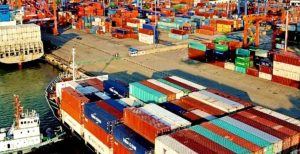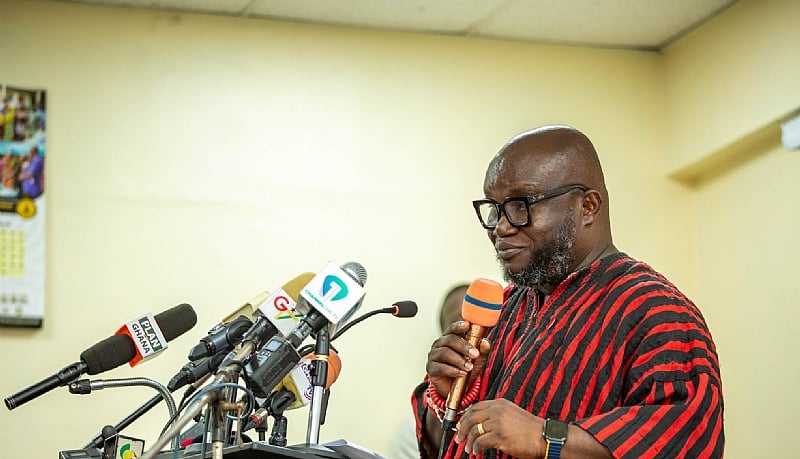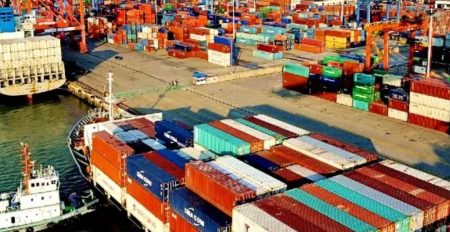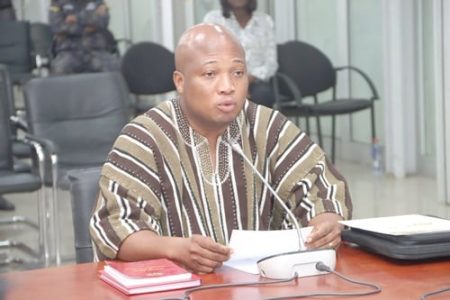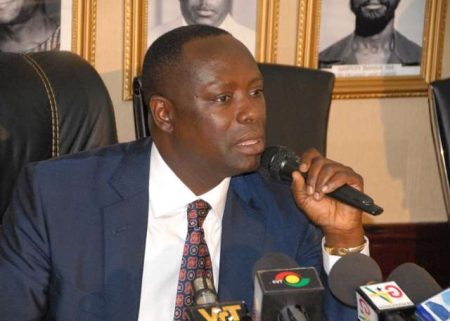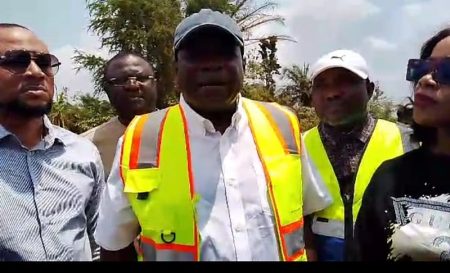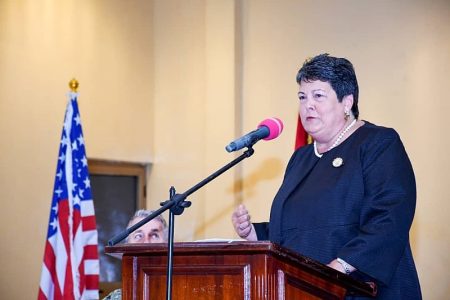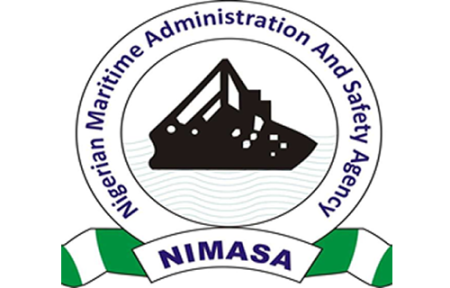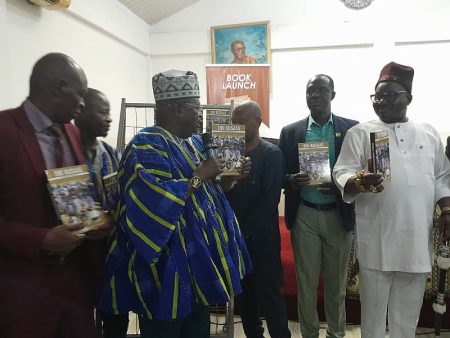The fight against illegal mining, or “galamsey,” in Ghana has suffered a significant setback due to a controversial court ruling that has sparked outrage and condemnation. Ing. Kenneth Ashigbey, the convener of the Media Coalition Against Galamsey, has criticized the decision by Magistrate Lawrence Buenor Buer of the Enchi Magistrate Court to release confiscated excavators back to individuals arrested for illegal mining within a protected forest reserve. This ruling, deemed bizarre and a direct contradiction of Ghana’s Mining Act, has raised concerns about the efficacy of the legal framework in combating the destructive environmental and socio-economic consequences of galamsey.
The incident that precipitated this controversy unfolded on March 23rd, 2024, within the Boin River Forest Reserve in Ghana’s Western Region. Wisdom Amuzu and three other individuals were apprehended by officers from the Forestry Commission, aided by the Enchi police, for engaging in illegal mining activities. Two excavators, instrumental in the illegal operation, were seized as evidence and impounded. This seemingly straightforward case of environmental crime took an unexpected turn when the case was brought before Magistrate Buer.
Instead of upholding the law and ensuring that the confiscated equipment remained in custody pending further investigation and trial, the Magistrate ordered the release of the excavators back to Amuzu. This decision not only granted bail to the accused but also inexplicably directed the Forestry Commission to facilitate the removal of the excavators and other seized mining equipment from the forest reserve to a location chosen by Amuzu. This action has been widely criticized for undermining the efforts to curb illegal mining and for setting a dangerous precedent that could embolden other illegal miners.
Ashigbey, a vocal advocate against galamsey, has vehemently condemned the ruling, arguing that it directly contravenes the provisions of Ghana’s Mining Act. He emphasizes that the law explicitly removes judicial discretion in cases of illegal mining within forest reserves, mandating that those arrested face the full force of the law. The return of the excavators, therefore, constitutes a blatant disregard for the legal framework designed to protect Ghana’s natural resources and combat the devastating effects of illegal mining. The decision, according to Ashigbey, renders the legal provisions toothless and sends a disheartening message to those fighting to preserve Ghana’s environment.
The implications of this ruling extend far beyond the immediate case. It raises serious questions about the commitment of the judiciary to uphold the law and contribute to the fight against galamsey. The decision effectively undermines the authority of law enforcement agencies and weakens the deterrent effect of legal sanctions against illegal mining. This could lead to a resurgence of illegal mining activities, further exacerbating the environmental degradation and social problems associated with galamsey. The return of the excavators effectively empowers the perpetrators to continue their destructive operations, potentially causing further irreversible damage to the ecosystem.
The controversy underscores the urgent need for a comprehensive review and strengthening of the legal framework governing mining activities in Ghana. There is a clear need for greater clarity and stricter enforcement of the law to prevent such controversial judicial decisions from undermining the fight against galamsey. Furthermore, it highlights the importance of judicial training and awareness-raising regarding the environmental and socio-economic consequences of illegal mining. A robust and consistently applied legal framework is essential to deter illegal mining, protect Ghana’s natural resources, and secure the livelihoods of communities affected by this destructive practice. The fight against galamsey demands a concerted effort from all stakeholders, including the judiciary, to ensure that the law is upheld and justice is served.




